Fairness, Reason
and Justice
‘Squid Game’ and ‘Hellbound’ Demonstrate
Social Aspirations in Korea and Beyond
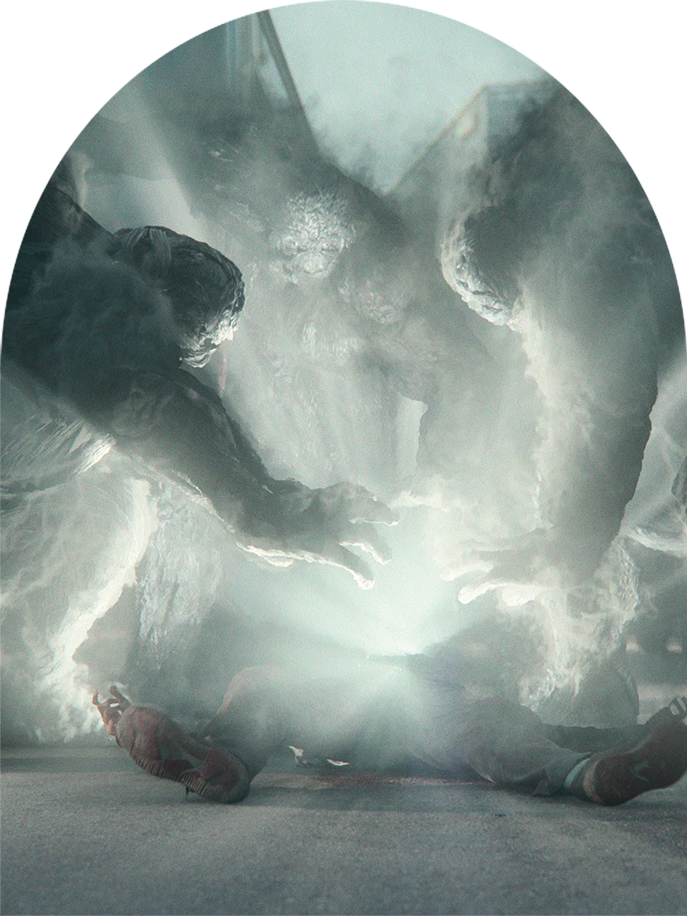
WRITTEN BY
Ahn Soong-beum,
film critic, professor at Kyung Hee University and director of the K-culture·Story Contents Research Institute
Photos courtesy of
Netflix
The Netflix series “Squid Game” and “Hellbound” are mirrors that reflect the realities of Korean society. We will look at three ideas in that reflection: fairness, reason and justice. The global success of the two series demonstrates that people worldwide share a thematic consciousness regarding these concepts, though social contexts may differ. Let’s look at why the characters in “Squid Game” ultimately could not escape the survival game in which they were trapped, as well as examine the questions posed by “Hellbound.”
In Korea, “fairness,” “reason” and “justice” have recently become topics of discussion that speak of the spirit of the age. Intense debates over these words are ongoing in politics, society and the economy. In fact, some of the Netflix original series that took off globally in 2021 arose from these debates. In particular, we could say “Squid Game” and “Hellbound” present tasks regarding the current state of Korean society.
“Hellbound” practically debuted at the top of OTT ranking site FlixPatrol’s chart of TV shows in the second half of November. In so doing, it knocked “Squid Game,” which was No. 1 in about 90 countries, off its throne. Thus, “K-dramas” are becoming an independent brand through unique storytelling. For example, the mysterious survival games in “Squid Game” dramatically demonstrate the dark reality of late-stage capitalist society. The characters step on the survival stage, where they must kill or be killed. It might seem like they are participating voluntarily, but they are already “losers” who cannot realistically find other ways of making a living. They are already failures in a cold competitive society, people who cannot find chances to rebound outside of shortcuts and crime.
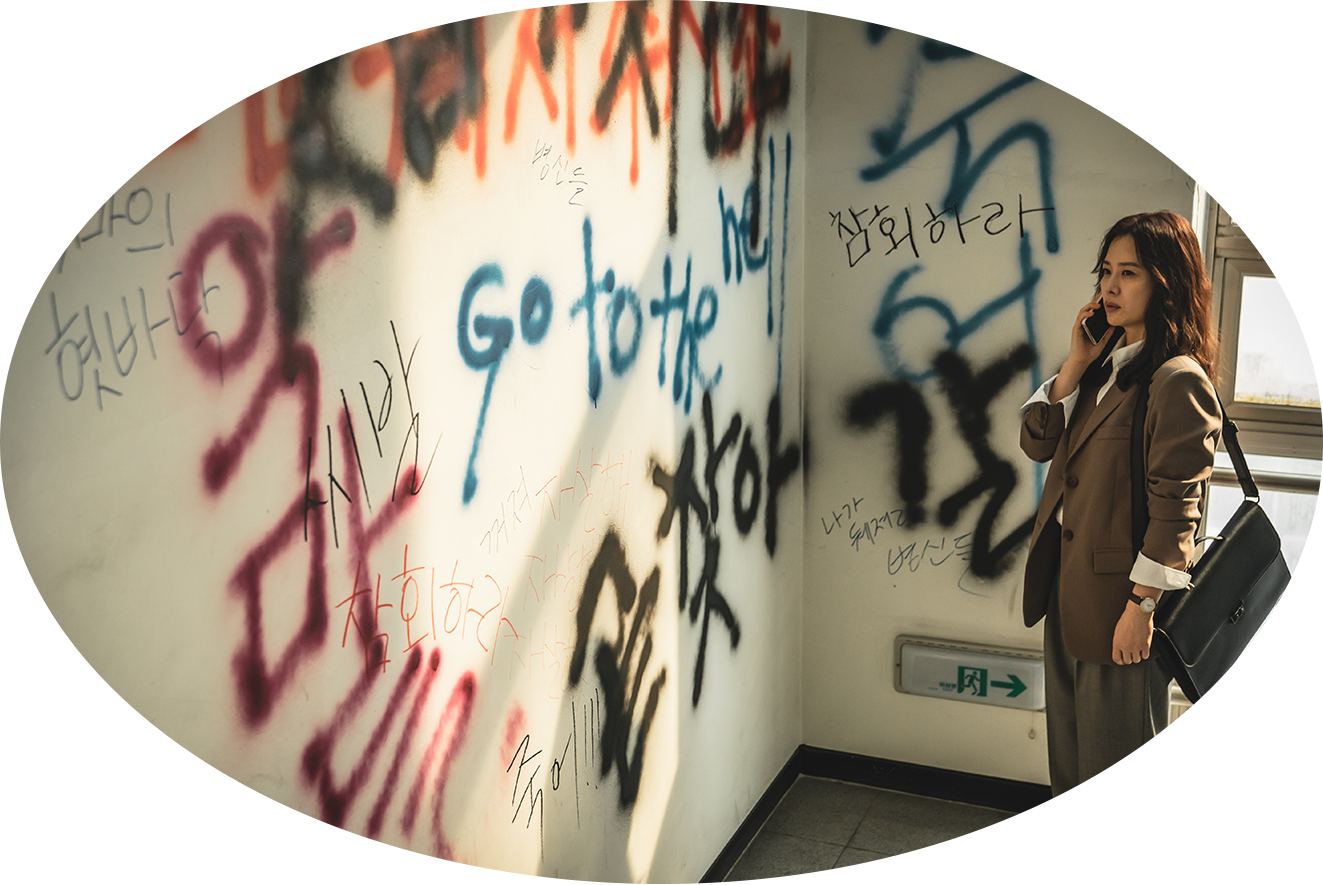
‘Hellbound’ depicts a world devoid of reason and justice.
Six games appear in “Squid Game.” These are games Koreans enjoyed as children. In childhood, game rules act as a system to own fault, because they are close to their dream of reversing their painful reality at a stroke.
While “Squid Game” shows a dystopian world that demonstrates the yearning for fairness in Korean society, “Hellbound” reflects society’s weakened sense of reason and justice. The angels that appear in the series tell people when they will die. They don’t explain why. Faced with the moment of their death, practically a death sentence, people are not given an opportunity to explain themselves. The lions of hell, that is to say, the executioners who come to put on brutal “demonstrations” (executions) at the exact time of the angel’s seemingly divine decrees, leave little room for doubt. All humans can do is cover themselves in sins commensurate with the punishments they are fated to receive. This is systematized in the “New Truth Society,” a cult that generates blind faith and “Arrowhead,” a gang of vigilantes who aim to impose their ideology.
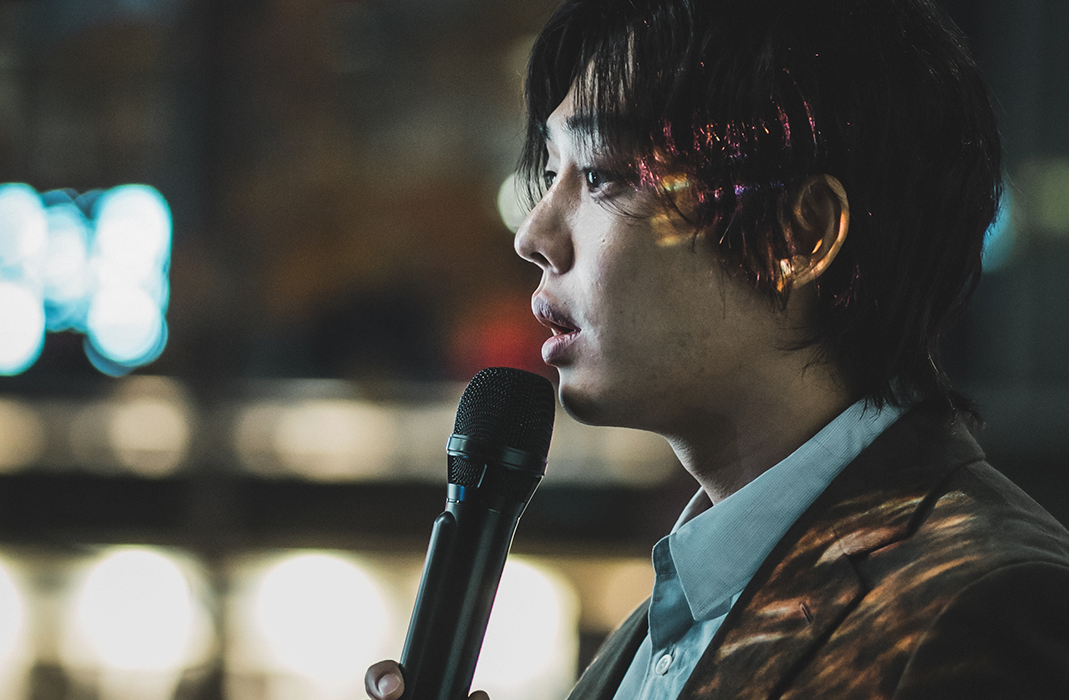
In the Netflix original series ‘Hellbound’, individuals are brutally sentenced to hell with little warning or explanation.
The narrative of “Hellbound” can be divided in two. The first half―episodes one to three―deals with the chaos that results from enhance enjoyment. In the survival game the characters play, however, the rules act as a system to justify killing and death. When people are dying all around you, you don’t have the luxury of doubting the rules. You have to adapt to the preexisting structure of violence in the belief that you’re receiving equal opportunities. In that world, even those who suffer death without protest are silent tools that justify the fairness of the rules. Thus, nobody doubts the rules of survival, that is to say, the structural violence.
Though Korea is handling the COVID-19 pandemic relatively well, it’s also true that there is growing fear that the ladder of social advancement is being pulled away. The reason why Gi-hun and the other characters cannot escape the survival game is connected to this fear. They want to believe in their own efforts in the faith that, at least formally, they’ve been given equal opportunities. They are oblivious to the fact that extreme violence in inherent in the rules and structure of the game. Or rather, they have little choice but to be oblivious, at least in the moment. Whatever the result, they can accept it as their God’s unilateral and incomprehensible violence. In doubt at first, humanity gradually begins to accept its “powerlessness.” In the second half―episodes four to six―the show demonstrates a situation in which the habit of branding our hatred of other people as “the will of God” has taken over society. When blind faith becomes a hard social rule, doubt is no longer permissible. Seen thus, in the first half, God demands humanity imagine hell, while in the second half, the narrative stage is a society in which humans―having adjusted to irrational violence―cast hell on other humans.
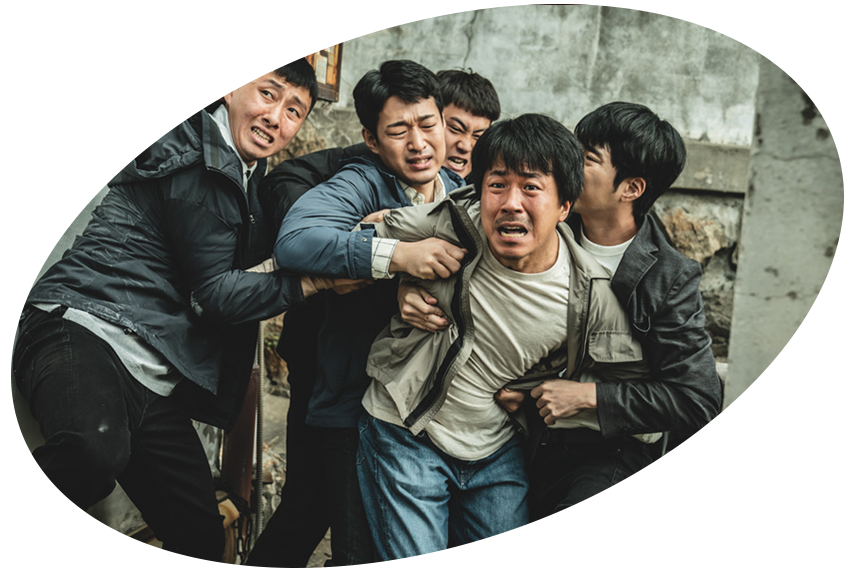
In the Netflix original series ‘Hellbound’, individuals are brutally sentenced to hell with little warning or explanation.
The plot generates the most tension when an angel decrees a newly born infant is headed for hell. That an infant free of sin must be executed throws the New Truth Society―which has appropriated for itself the authority to interpret the will of God―into crisis. In the end, the infant survives. The infant’s survival is not merely due to the sacrifices of its parents, who are unwilling to abandon their child. The miracle is also due to people who call for reason and a handful of neighbors who demand that human society have at least a minimum of justice. Anyway, season 2 will feature a struggle to see if humanity can recover reason and justice paralyzed by the scapegoat mechanism and violent dogma.
The taxi driver who appears in the series blurts out the following. “What I know for certain is that this is humanity’s world. In humanity’s world, people must do things for themselves.” Expanding on this line, we can say that “Squid Game” and “Hellbound” put their finger firmly on what people must do for other people. That is what converges in the words “fairness,” “reason” and “justice.” Seeing how the two series were global hits, it would seem there are many places outside of Korea that need those words, too.
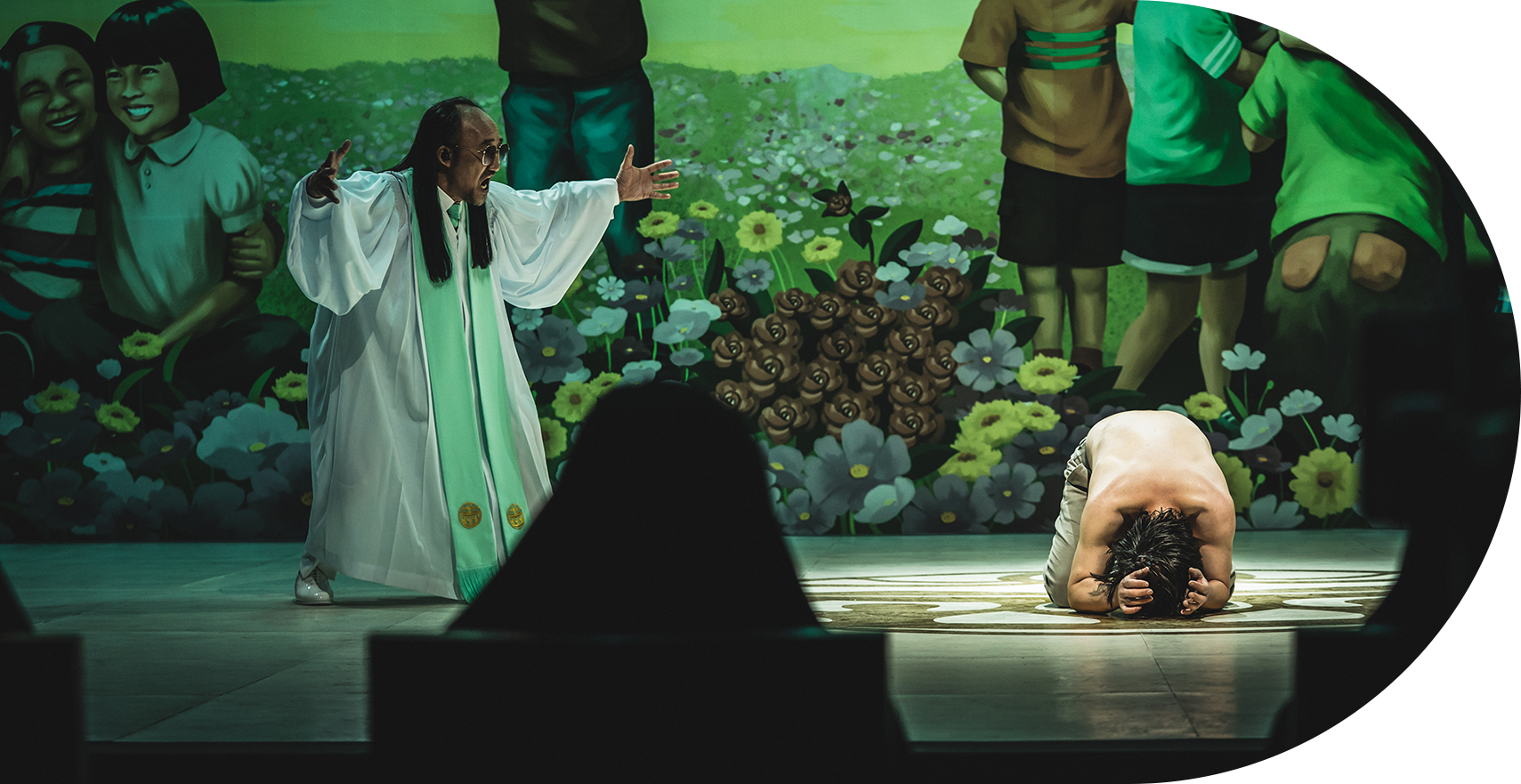
In the Netflix original series ‘Hellbound’, individuals are brutally sentenced to hell with little warning or explanation.
Other Articles
-

Special Ⅰ Linking Time and Space
-

Special Ⅱ Day Trip to a Flag Station
-

Trend Tasty Stations
-

Hidden View Electric Night
-
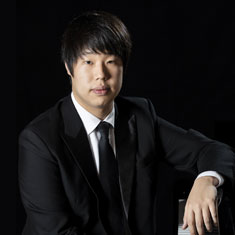
Interview Pianist Jae Hong Park
-
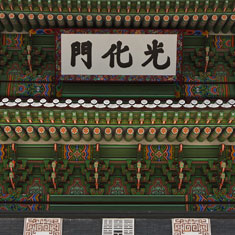
Art of Detail Brilliant Boards
-
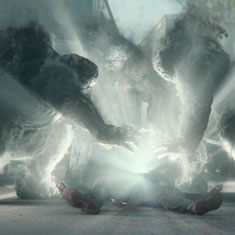
Film & TV Hellbound
-

Collaboration Gucci Gaok
-

Current Korea Korea Reinvigorates Bilateral Ties
-
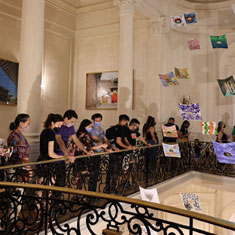
Global Korea Museum Night:Korean Cultural Center Opens at Night
